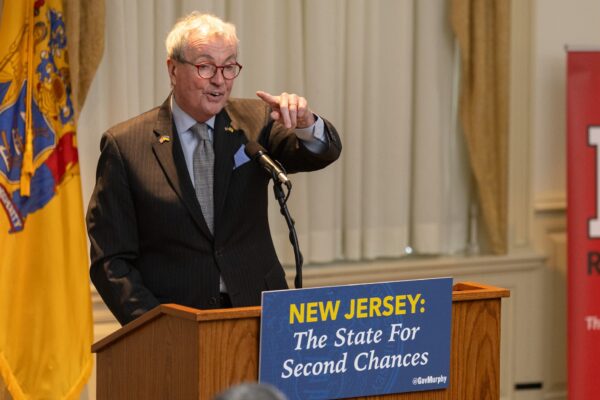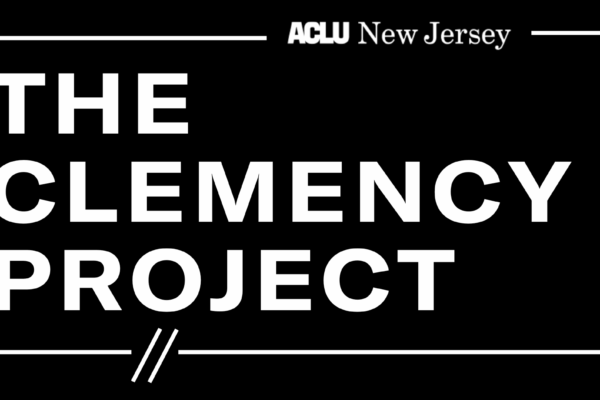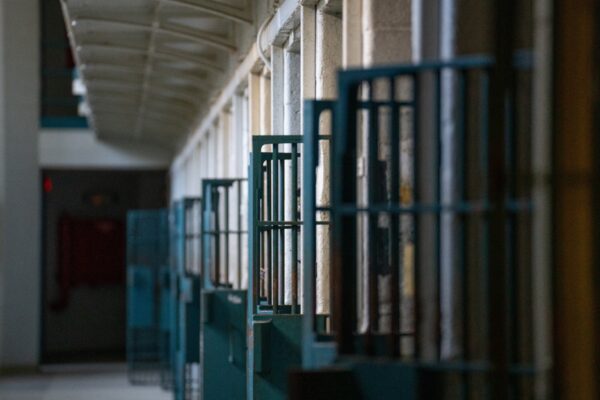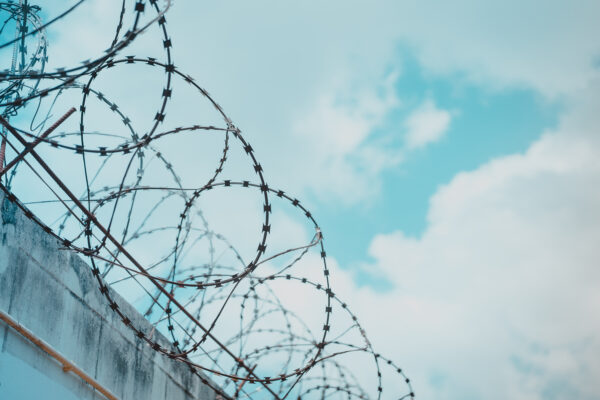Since its launch in February 2024, the ACLU of New Jersey’s Clemency Project has achieved major milestones for categorical clemency. Through the collaboration of partners and clients, our team has filed 90 petitions for people who are currently incarcerated and are survivors of domestic violence or are serving sentences impacted by extreme trial penalties.
The Clemency Project was founded to further decarcerate the state through categorical clemency. New Jersey has the highest rate of racial disparities in its prison population in the nation – and too many people are serving extreme sentences that are not commensurate with their crime or culpability. This makes categorical clemency an invaluable tool that is fundamental to racial justice and essential in repairing the harms of mass incarceration.
Mass incarceration not only affects those who are incarcerated, but it has devastating effects on families and communities. In our clemency petitions, we have been able to center the voices of our clients and their loved ones, who have spent years tirelessly fighting for justice.
Because of the advocacy efforts of the Clemency Project and our partners across the state, Governor Murphy has embraced a categorical approach to his clemency powers. As of August 2025, he has granted 129 people pardons and commutations, more people than all New Jersey governors since 1994 combined.
“I’m grateful for the chance to give back and instill empowerment into the lives of those who have been affected as I once was,” said Dawn Jackson, who was able to return to her family after her sentence was commuted in December 2024. “I thank Governor Murphy for this opportunity to do more good and live freely as the resilient woman I have become.”
When a person’s prison sentence is commuted through clemency, miracles happen for people and their families. We see parents embracing their now-adult children, grandparents meeting their grandchildren for the first time, and families coming together with open arms, ready to welcome back and support their loved ones. We have witnessed the power of undeniable community strength. The joy and positivity that comes from clemency is immeasurable and is worth spreading by giving more people second chances.
“Giving me the opportunity in this lifetime to redeem myself for what I have done will mean so much to me, it will not only give me a second chance at life, but it will give me the opportunity to show that rehabilitation is real,” said Rashon Barkley, who was granted a commutation in April 2025 and returned to his community.
As he approaches the end of his second and final term, Gov. Murphy has an opportunity to continue addressing the harms of an unjust criminal legal system. There is no time to lose – because building an equitable future means addressing injustice now.
The ACLU-NJ is advocating for Gov. Murphy to grant more petitions and keep doing more of this lifesaving work that has a positive impact on people and their communities. And for the next administration, we hope this blueprint will encourage them to address systemic injustices through the proven model of categorical clemency.





